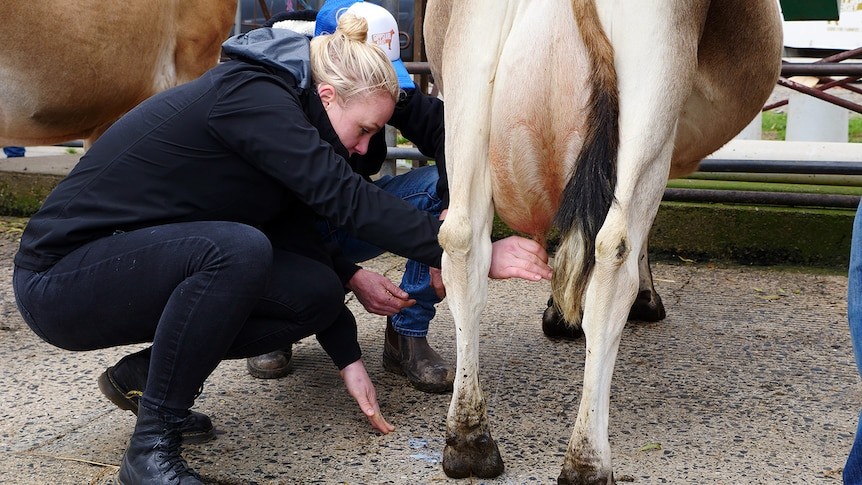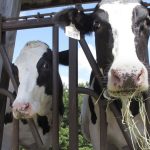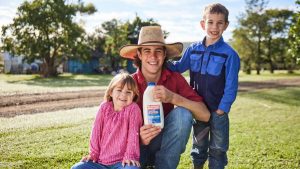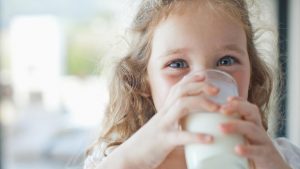
Key points:
Victorian baristas visited a Gippsland dairy farm to see where their milk comes from
Farmers and milk processor Gippsland Jersey say quality milk makes for a quality coffee
It was the first time some of the baristas had visited a dairy farm
Cows’ milk is the major ingredient in a lot of coffee orders, yet Monday was the first time many of the baristas visiting Luke Wallace’s Poowong North farm had set foot in a dairy.
“Today had a lot to do with showing baristas that the quality of the milk they put in their coffees is extremely important for the end result,” Mr Wallace said.
“You can have the best beans in the world and make the best black coffee, but if you’re just putting in everyday milk — versus a quality product that’s higher in protein and fat and higher in calcium and all the other good stuff — you can make that cup of coffee extra special.”
It was also an educational experience for many of the hospitality workers less familiar with the market pressures faced by dairy farmers.
Tara Cheesewright has been making coffee at Sherwood Park Orchard in Bunyip and said her customers were increasingly interested in where the milk in their coffee was produced.
“You do pay a bit more [for quality milk],” she said.
“But you don’t mind paying that when you know there’s a team of hardworking dairy farmers behind it and you know where the milk comes from.
“We’ve learnt a lot today about the science of it: the different conditions with rain, what the farmers put into getting the milk right and on the market, the pasteurisation method … it’s just given us a lot of exposure.”
Provenance is key
Lucy Whitlow is the head pastry chef at Melbourne Italian restaurant Osteria Ilaria and has recently developed an interest in cheesemaking.
She was “stoked” to visit the farm to see where her milk came from.
“I had been looking for a milk producer with an ethos in the way that they farm and produce their milk that aligns with how I want to make my cheese, which is very much to go as natural as possible because the difference in flavour is enormous,” Ms Whitlow said.
“I haven’t really gone out and met dairy farmers before.
“I’ve learnt a heap about the variables in dairy farming and how much goes into it in terms of the grass, the rain, the soil, fertilisers and all that sort of stuff.”
A step in the right direction
Mr Wallace said the farm had previously hosted school groups, however, there was also value in farmers opening up to teach adults.
“I think [farmers] are always a little bit worried about how they might be seen and what they’re doing,” he said.
“But the majority of farmers try to do the best they can for animal welfare, look after the environment, soils, and all that sort of thing.
“The regulations that are in place now to produce milk, or all agricultural products, are very strict.”
Mr Wallace is the second farmer to supply Gippsland Jersey, a new milk company established in the region in 2017.
“It’s nice to be able to put across our side of what happens and be open and honest,” he said.

























